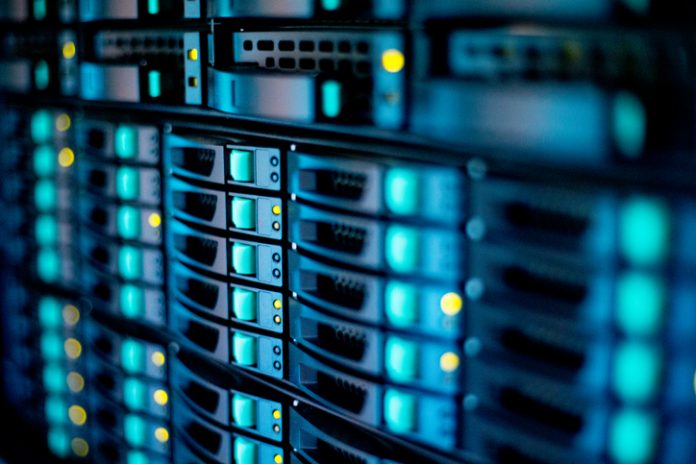According to researchers at Kansas State University, the future of the hospitality industry will be changed by the Internet of Things (IoT)—that is physical devices connected to a greater network via the internet. “Hospitality service providers must stay on the leading edge of IoT to maintain a competitive edge in the market,” the study states.*
The researchers noted several ways that IoT will likely impact the hospitality industry, such as “facing systems” that enhance building security, indicate whether a guest has stayed in the property before, as well as their preferences, automate check-in/check-out procedures, and provide immediate payment-transaction services. However, one area they did not address was how IoT will impact the cleaning and maintenance of hotel properties.
One example of how IoT will impact cleaning is regarding floor care. In many properties, common area floors are cleaned and scrubbed each evening. Depending on the size of the property, one or more employees are tasked to operate floor-cleaning machines. IoT floor-cleaning machines are now available that can be “taught” floor-cleaning tasks. They use sensors to ensure they stay on the right path and don’t bump into anything, meaning that the staffers who handled this repetitive task are now available to perform other cleaning duties.
Another key benefit of IoT cleaning equipment for hotel operators is that it can convey information such as where it is located in the property, where it is being used, brush pressure and water usage if a floor machine, battery life, and if an equipment problem has developed or will likely occur.
A niche with IoT has also been found when it comes to ordering the supplies for the property. In purchasing, many hotel managers fall into one of the following two categories: (1) They continue to order the same cleaning supplies because those supplies have proven effective over the years. However, what they may not realize is that newer products may be available that are better and less costly or (2) They experiment with different cleaning products. However, this trial-and-error system often results in costly mistakes. IoT dashboard systems allow managers to select products based on their hotels’ specific needs, pricing evaluations, and the environmental impacts of the products. This is much more than a comparison of products. The technology helps eliminate trial-and-error purchasing, allowing managers to make more effective purchasing decisions.
IoT also plays a significant role in maintaining public restrooms, especially when it comes to monitoring paper supplies. They can provide a “fullness status” of paper, soap, and trash levels. These systems can not only communicate when supplies are running low, but also help provide insight as to when supplies are most likely to run out and in which restrooms. IoT systems can also indicate whether dispensers are broken.
Overall, IoT and other technologies are improving guest experiences.
Gretchen Friedrich is marketing manager for AFFLINK, a member-based sales and marketing organization for distributors.
* Working paper by Arslan Munir (assistant professor in the Department of Computer Science), Prasanna Kansakar (PhD student), and Neda Shabani (PhD student). All are affiliated with Kansas State University, February 2018.











